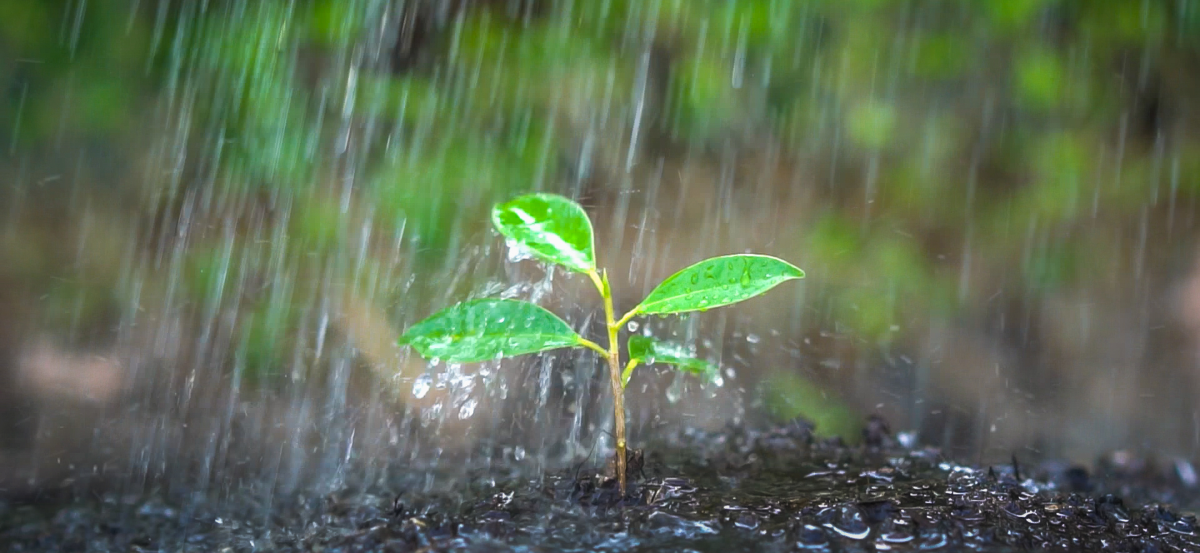This post is part of a series that reflects on how the idea of a living faith can help us look at the challenges of faith formation of faculty and staff in Catholic schools in new and productive ways. Part One explored the insight that a living adult faith is developed more than it is received. This post reflects on how a growth mindset can inform our approach to faculty and staff faith formation.
In terms of academic learning, our perspectives on achievement, growth, and abilities have grown significantly in recent decades. We have come to realize that sometimes students with high test scores may be coasting and not actually growing much over the course of a year, while students with lower test scores may still be learning a great deal and making good progress. This has shifted not only our perspective but also our practices of assessment, with greater use of standardized tests that can measure growth throughout the school year.
In addition, Carol Dweck’s concept of mindset has influenced how we think about student learning. What are the consequences of thinking that intelligence and ability are things that can grow and develop, rather than things that are fixed? A fixed mindset can view challenges as threatening and failure as shameful, while a growth mindset can view challenges as natural and failure as productive. A growth mindset can help us as educators to accept that our students have different starting points and to see all students as capable of meaningful growth – not just the “smart” kids.
How can a focus on growth and the concept of mindset add to the idea of a living faith, especially when it comes to formation of faculty and staff? Do the statements in the previous two paragraphs have some parallels when it comes to faith? Perhaps.
Considering the distinction between achievement and growth: it may be that a teacher who knows and affirms all the teachings of the church may not currently be growing in their faith, while another teacher who doesn’t know as much and who disagrees with some teachings may actually be growing in their faith a great deal. Perhaps we should celebrate the growth of the second teacher as much as we do the knowledge of the first teacher.
Considering mindset: it may be that a fixed mindset in terms of faith leads us to believe that some people just have it and some people just don’t, or to see questions as threatening and doubt as shameful – whereas a growth mindset can help us accept that all faculty and staff have different starting points when it comes to faith, and can help us see questions as productive and doubt as natural.
Accepting that our faculty and staff have different starting points when it comes to faith doesn’t mean that it isn’t a challenge, though. A principal who responded to a Meitler survey wrote that “most often teachers are at varying levels of faith development, and need different supports, so even if you find a high-quality book, speaker series, or retreat, it’s not the right fit for everyone.”
It’s a challenge that we can embrace, though. Just as we strive to differentiate our academic instruction to help learners of varying abilities succeed, we can also differentiate our approach to faith formation of faculty and staff. And we can create a climate that sets an expectation for everyone to grow in their faith without criticizing those with less knowledge or more questions. So applying a growth mindset to a living adult faith suggests this insight.
Insight Two: Growth in faith is to be supported and affirmed, regardless of the starting point.


